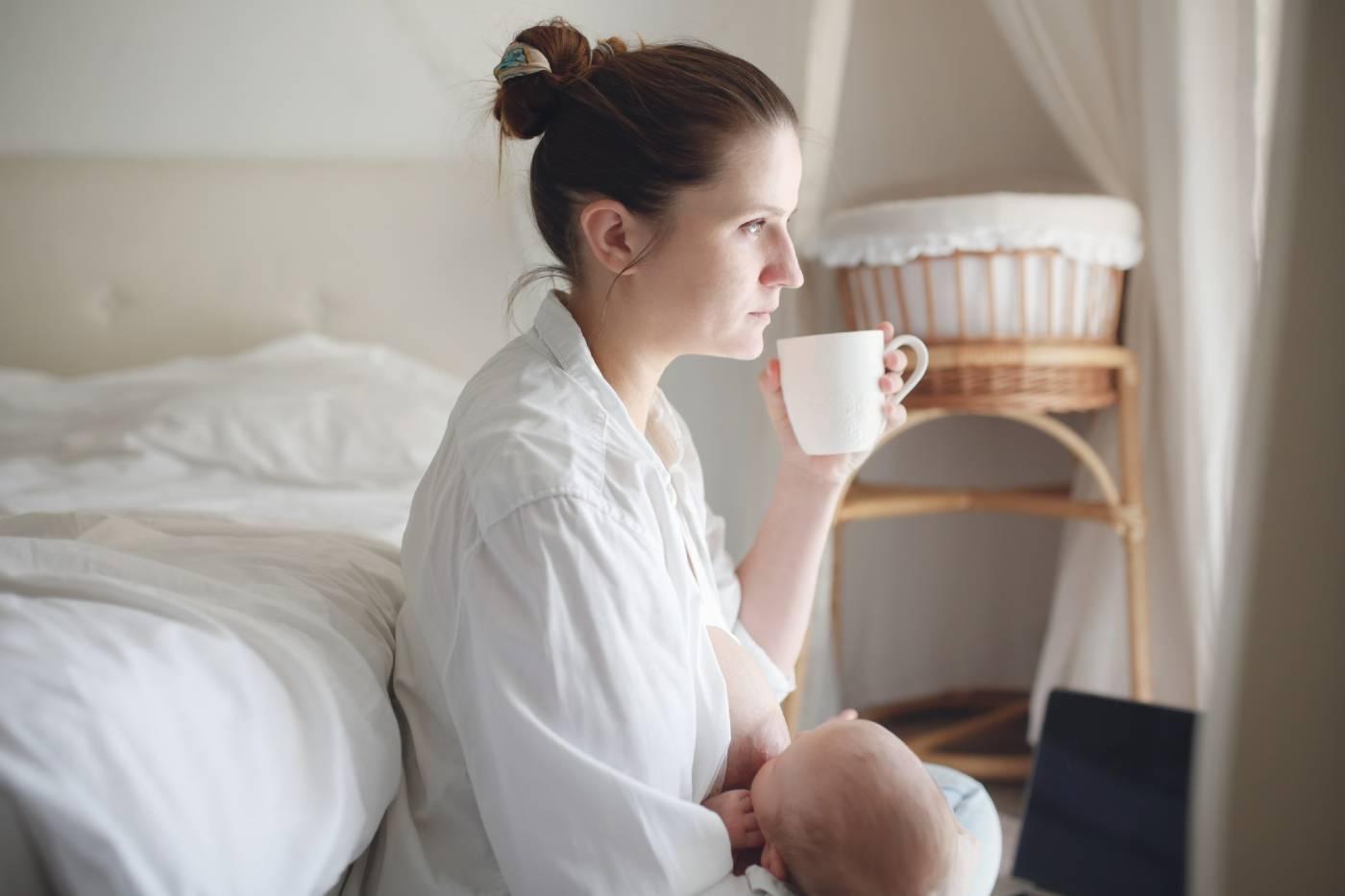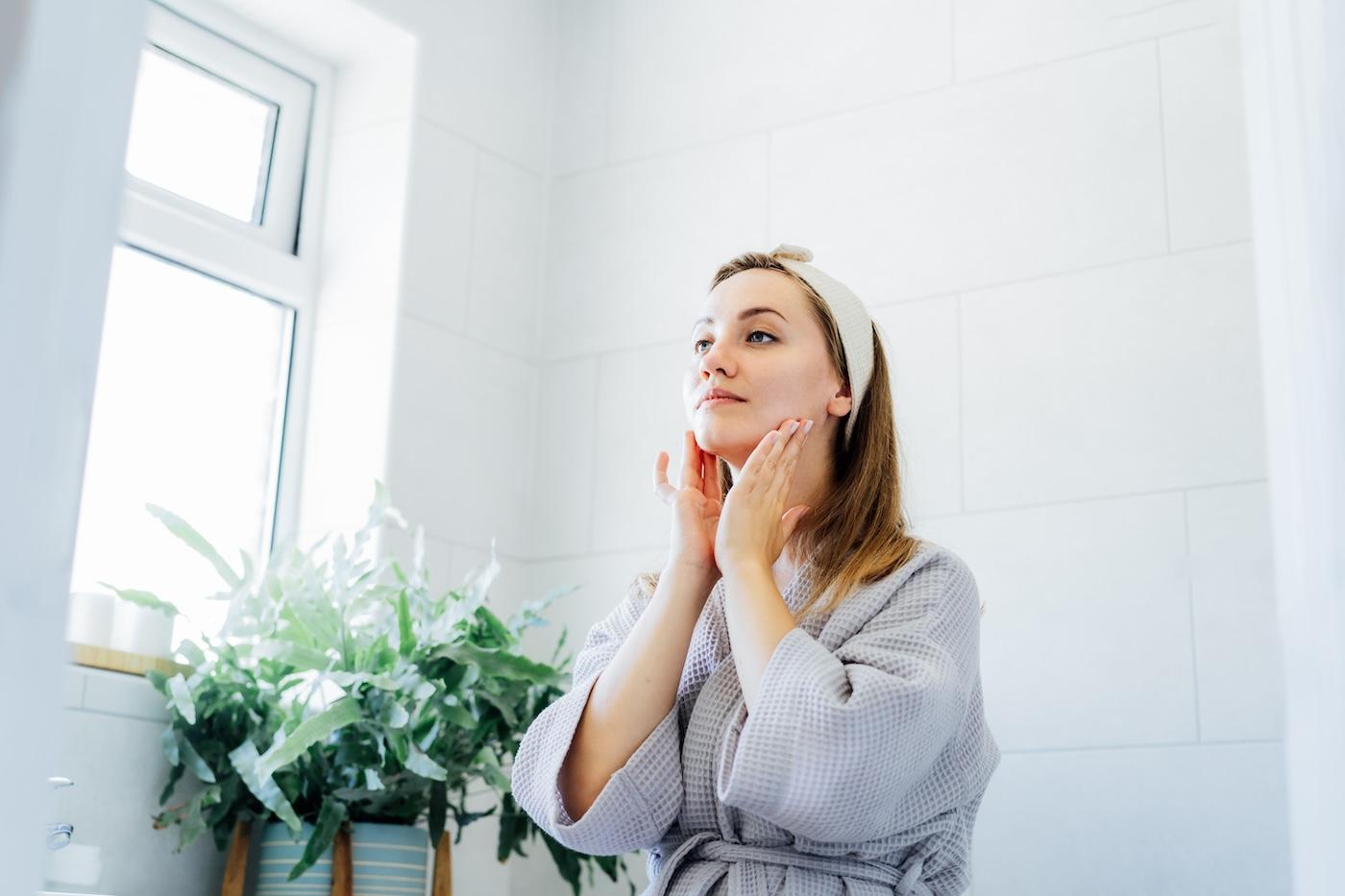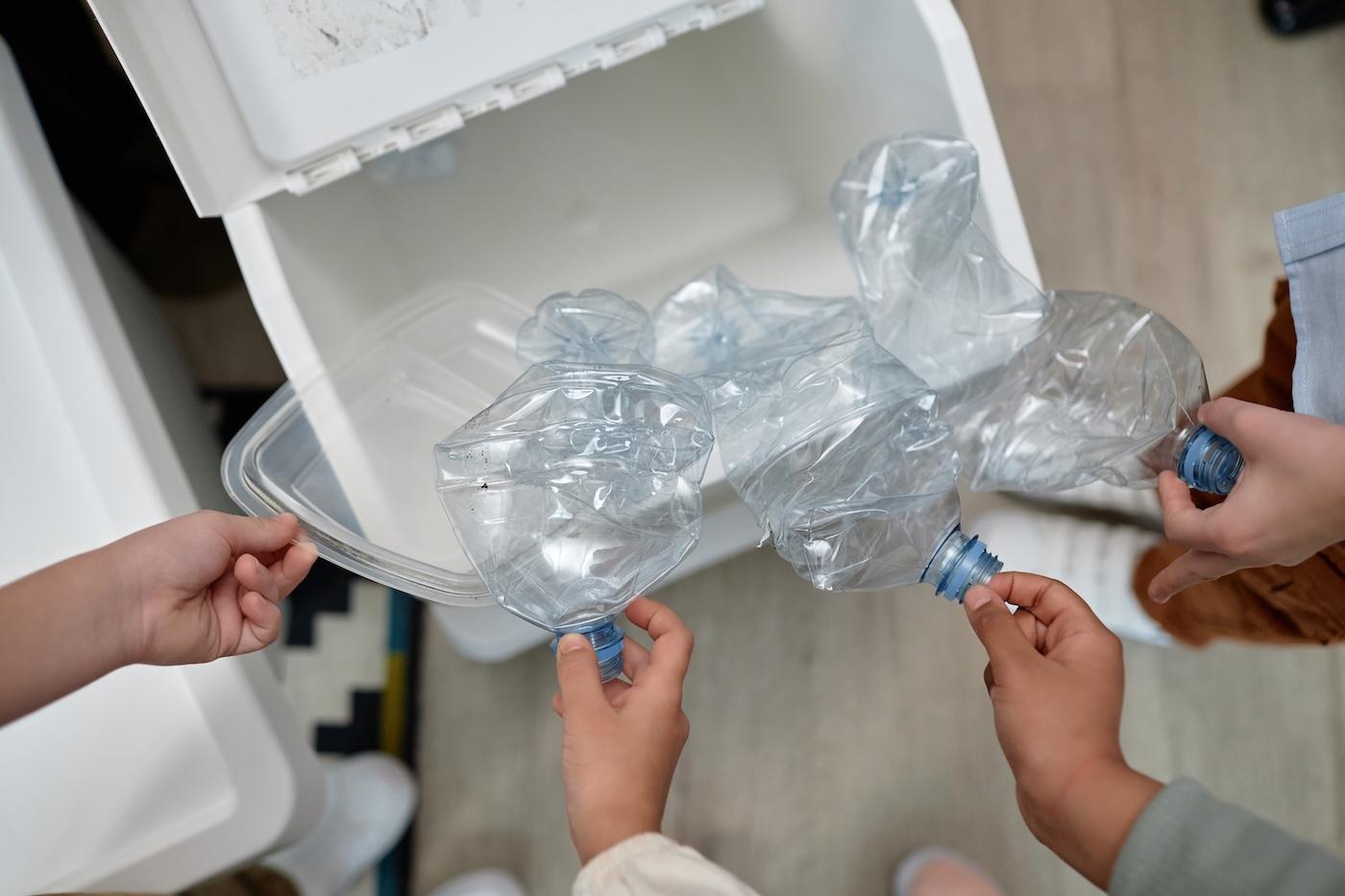PARENTS
It’s True—New-Parent Sleep Loss Can Age You!
Postpartum sleep deprivation could have lasting effects on moms’ physical health, according to a UCLA study.

Written by
Happiest Baby Staff

You probably feel like motherhood is rapidly aging you...and researchers have recently found that it actually is!
A new study in the journal Sleep Health, discovered that sleep-deprived new moms tack as many as seven years onto their “biological age.” Unlike chronological age, biological age (also called physiological or functional age) indicates how old you are based on your DNA. That means, if you had your baby at 33 years old, by the time your precious nugget turns 1, your body could be that of a 40-year-old!
For this study, UCLA researchers tracked 30+ women from pregnancy to Baby’s first birthday. They monitored sleep and took blood samples to examine something called telomeres, which are wee pieces of DNA that act like protective caps at the tips of chromosomes.
What they found: More than half of the new moms studied were getting less than seven hours of sleep at both six months and one year after welcoming their sweet bundles into the world. And, those sleep-sapped moms also had shorter telomeres than those who slept longer, which could have a lasting effect on moms’ physical health, elevating their risk of numerous age-related ills, including certain cancers and cardiovascular disease.
In the UCLA press release on the study, lead researcher Judith Carroll, Ph.D., urged new parents to take advantage of opportunities to get more ZZZs, noting that “taking care of your sleep needs will help you and your baby in the long run.”
The good news? Taking care of baby’s sleep needs and parents’ sleep needs at the same time is possible with the pediatrician-designed and award-winning SNOO Smart Sleeper, which has been shown to add 1-2+ hours of sleep a night, helping both parents and babies stay well-rested. Learn more about the science behind the SNOO.
Disclaimer: The information on our site is NOT medical advice for any specific person or condition. It is only meant as general information. If you have any medical questions and concerns about your child or yourself, please contact your health provider.
SHARE THIS ARTICLE
MOST LOVED
Sleepytime Sidekicks












